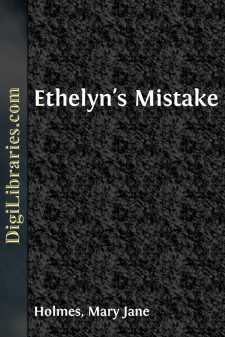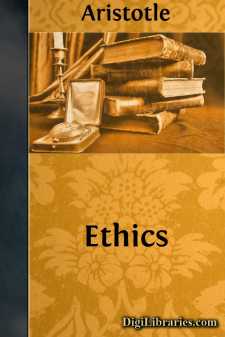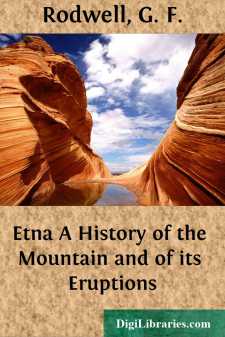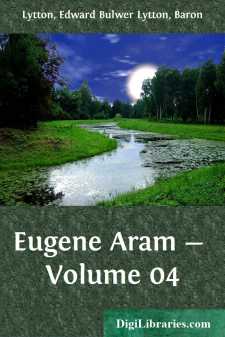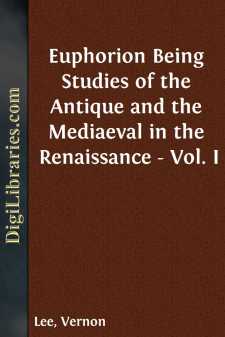Fiction
- Action & Adventure 180
- Biographical 15
- Christian 59
- Classics
- Coming of Age 5
- Contemporary Women 3
- Erotica 8
- Espionage/Intrigue 12
- Fairy Tales, Folklore & Mythology 236
- Family Life 169
- Fantasy 117
- Gay 1
- General 596
- Ghost 32
- Historical 808
- Horror 43
- Humorous 159
- Jewish 25
- Legal 4
- Medical 22
- Mystery & Detective 315
- Political 49
- Psychological 41
- Religious 64
- Romance 158
- Sagas 11
- Science Fiction 730
- Sea Stories 113
- Short Stories (single author) 537
- Sports 10
- Suspense 1
- Technological 8
- Thrillers 2
- Urban Life 31
- Visionary & Metaphysical 1
- War & Military 173
- Westerns 199
Classics Books
Sort by:
by:
Henry Drummond
ETERNAL LIFE. "This is Life Eternal—that they might know Thee, the True God, and Jesus Christ whom Thou has sent."—Jesus Christ. "Perfect correspondence would be perfect life. Were there no changes in the environment but such as the organism had adapted changes to meet, and were it never to fail in the efficiency with which it met them, there would be eternal existence and eternal...
more...
CHAPTER I HOW IT STARTEDEthel Morton, called from the color of her eyes Ethel "Blue" to distinguish her from her cousin, also Ethel Morton, whose brown eyes gave her the nickname of Ethel "Brown," was looking out of the window at the big, damp flakes of snow that whirled down as if in a hurry to cover the dull January earth with a gay white carpet. "The giants are surely having a...
more...
by:
Mary Jane Holmes
CHAPTER I ETHELYN There was a sweet odor of clover blossoms in the early morning air, and the dew stood in great drops upon the summer flowers, and dropped from the foliage of the elm trees which skirted the village common. There was a cloud of mist upon the meadows, and the windings of the river could be distinctly traced by the white fog which curled above it. But the fog and the mists were rolling...
more...
by:
Aristotle
INTRODUCTION The Ethics of Aristotle is one half of a single treatise of which his Politics is the other half. Both deal with one and the same subject. This subject is what Aristotle calls in one place the "philosophy of human affairs;" but more frequently Political or Social Science. In the two works taken together we have their author's whole theory of human conduct or practical...
more...
by:
G. F. Rodwell
CHAPTER I. The principal mountain chain of Sicily skirts the North and a portion of the North-eastern coast, and would appear to be a prolongation of the Apennines. An inferior group passes through the centre of the island, diverging towards the South, as it approaches the East coast. Between the two ranges, and completely separated from them by the valleys of the Alcantara and the Simeto, stands the...
more...
CHAPTER I. THE VILLAGE.—ITS INHABITANTS.—AN OLD MANORHOUSE: AND AN ENGLISHFAMILY; THEIR HISTORY, INVOLVING A MYSTERIOUS EVENT. "Protected by the divinity they adored, supported by the earth which they cultivated, and at peace with themselves, they enjoyed the sweets of life, without dreading or desiring dissolution." Numa Pompilius. In the country of—there is a sequestered hamlet, which I...
more...
When Walter left his uncle, he hurried, scarcely conscious of his steps, towards his favourite haunt by the water-side. From a child, he had singled out that scene as the witness of his early sorrows or boyish schemes; and still, the solitude of the place cherished the habit of his boyhood. Long had he, unknown to himself, nourished an attachment to his beautiful cousin; nor did he awaken to the secret...
more...
ALL is not well; I doubt some foul play. . . . . . . . . . . . . Foul deeds will rise, Though all the earth o'erwhelm them, to men's...
more...
"The lopped tree in time may grow again, Most naked plants renew both fruit and flower; The sorriest wight may find release from pain, The driest soil suck in some moistening shower: Time goes by turns, and...
more...
by:
Vernon Lee
Faustus is therefore a parable of the impotent yearnings of the Middle Ages—its passionate aspiration, its conscience-stricken desire, its fettered curiosity amid the tramping limits of imperfect knowledge and irrational dogmatism. The indestructible beauty of Greek art,—whereof Helen was an emblem, became, through the discovery of classic poetry and sculpture, the possession of the modern world....
more...




